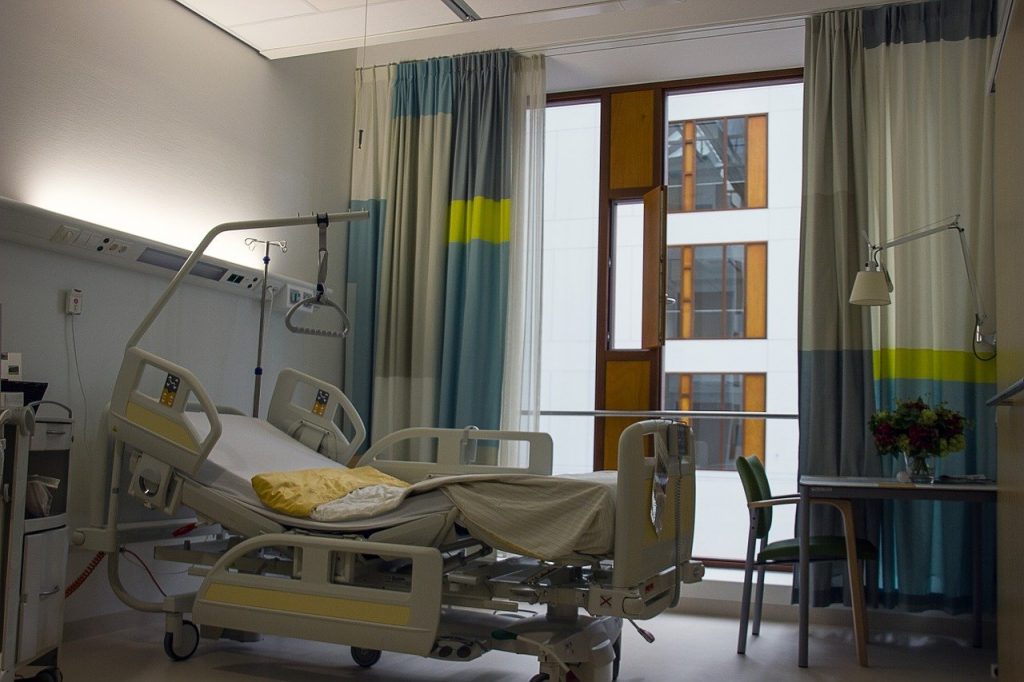Patients may have grounds for a medical negligence claim where delays to their treatment has led to the worsening of their condition.
This morning, analysis carried out by independent charity The Health Foundation revealed four million people had missed out on hospital treatment due to the pandemic, while data from Cancer Research UK shows
more than 2.4 million people have been left waiting for cancer screening, tests and treatment.
And where these delays have led to the worsening of a condition that could have been avoided had there been care available, there may be grounds for a medical negligence claim, according to Andrew Cragg, partner and head of the clinical negligence and personal injury team at Langleys Solicitors.
“Last March, NICE issued guidelines on prioritising patients receiving anticancer therapies, such as chemotherapy and radiotherapy. These guidelines were interpreted differently by various trusts, with some cancelling lifesaving treatment all together unnecessarily. Clinical oncologist, Professor Pat Price, told BBC Panorama that radiotherapy
machines in many hospitals were lying idle, despite it being simple to administer the therapy in a way which is Covid safe…
“If a patient was denied access to anticancer treatment, despite being a high priority patient according to NICE’s guidelines, this could be medical negligence.”
Separate research from Imperial College London suggests that the impossibility of thorough physical examinations conducted over video could lead to an increase in misdiagnoses.
“Misdiagnoses, or missed diagnoses, could lead to patients being prescribed incorrect treatments or no treatment at all, eventually leading to their conditions worsening. In these cases, if a failing on the doctor’s part can be proven, medical negligence claims are possible.”
And where surgical error occurs in cases such as where patients are not fully informed on any risks of the procedure, the procedure is unnecessary or inappropriate, if the surgical technique is poor, or if follow up advice and care is inadequate and creates a need for further surgery, psychological distress or permanent physical injury, patients may be also able to claim compensation, Cragg adds.
